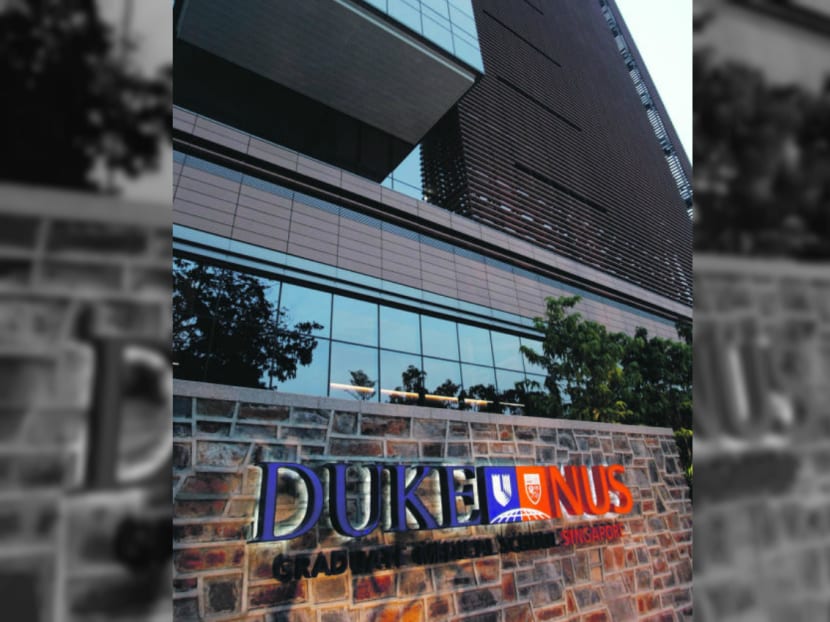Yale-NUS and Duke-NUS offer new route for liberal arts students to become doctors
SINGAPORE — Aspiring doctors who also want a liberal arts education may apply for a new pathway through Yale-NUS College, which will be offered from August this year.

Undergraduates admitted into the pathway will have opportunities to attend immersion programmes and workshops on medical specialties at Duke-NUS Medical School. TODAY file photo
SINGAPORE — Aspiring doctors who also want a liberal arts education may apply for a new pathway through Yale-NUS College, which will be offered from August this year.
To nurture a future generation of doctors who are “strong communicators and broad-based thinkers” – in the words of Yale-NUS executive vice-president (academic affairs) Steven Bernasek – the College jointly announced a partnership with Duke-NUS Medical School on Tuesday (Jan 16).
Successful applicants will be offered a four-year Yale-NUS undergraduate programme and conditional admission to Duke-NUS’ Doctor of Medicine (MD) graduate programme.
Applicants will be assessed on their motivation for studying medicine, passion for community service, potential and academic and leadership accomplishments.
At the end of their third year at Yale-NUS, they will submit a formal application to Duke-NUS for the MD graduate programme to secure their conditional admission.
The undergraduates will have opportunities to attend immersion programmes and workshops on medical specialities at Duke-NUS. They will also be able to observe and “shadow” doctors as they go about clinical work.
The eight-year-long pathway will see students graduate with either a Bachelor of Science or Bachelor of Arts degree from Yale-NUS, and an MD from Duke-NUS.
The role of healthcare has evolved and there is a need for a “new generation of clinicians” to meet the changing medical and educational landscape, said Duke-NUS’ vice dean of education Ian Curran.
“In addition to strong clinical skills, our future clinicians need to be equipped with a pioneering mindset and have the capabilities to approach and provide solutions to the complex healthcare challenges facing Singapore in the future,” said Professor Curran.
Prof Bernasek added: “The College continually seeks to evolve our curriculum to meet the needs of our students and build connections between the study of science, social sciences and the humanities with training in professional fields… We hope to nurture future doctors who are strong communicators and broad-based thinkers who will make a difference in their field.”
Medical schools in the United States have increasingly been recognising the value of a liberal arts education for medical students.
At the University of Texas Health Science Center San Antonio and Yale School of Medicine, for instance, medical and nursing students are taught visual observation skills using works of fine art.
These exercises are said to help students improve diagnostic skills and prevent them from making misguided assumptions.
Medical students at Columbia University’s College of Physicians and Surgeons are required to take humanities seminars in their first year, in a range of subjects from dance to poetry.






